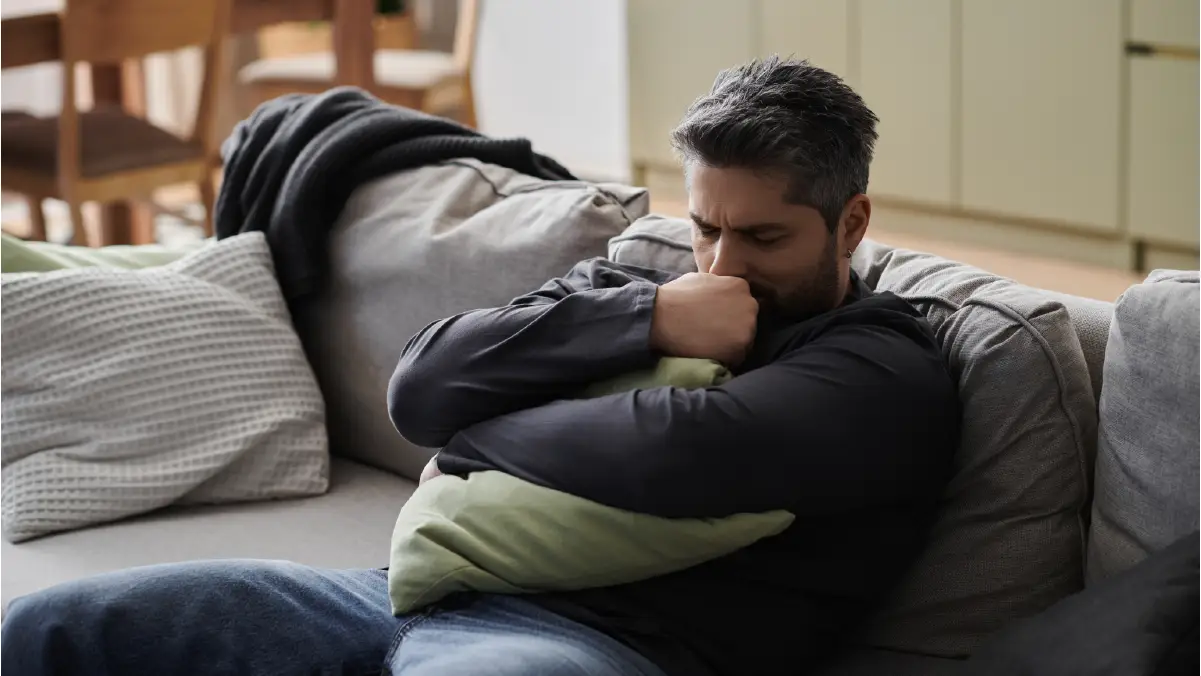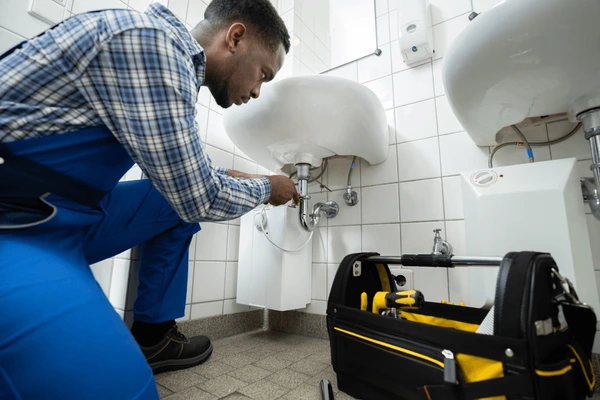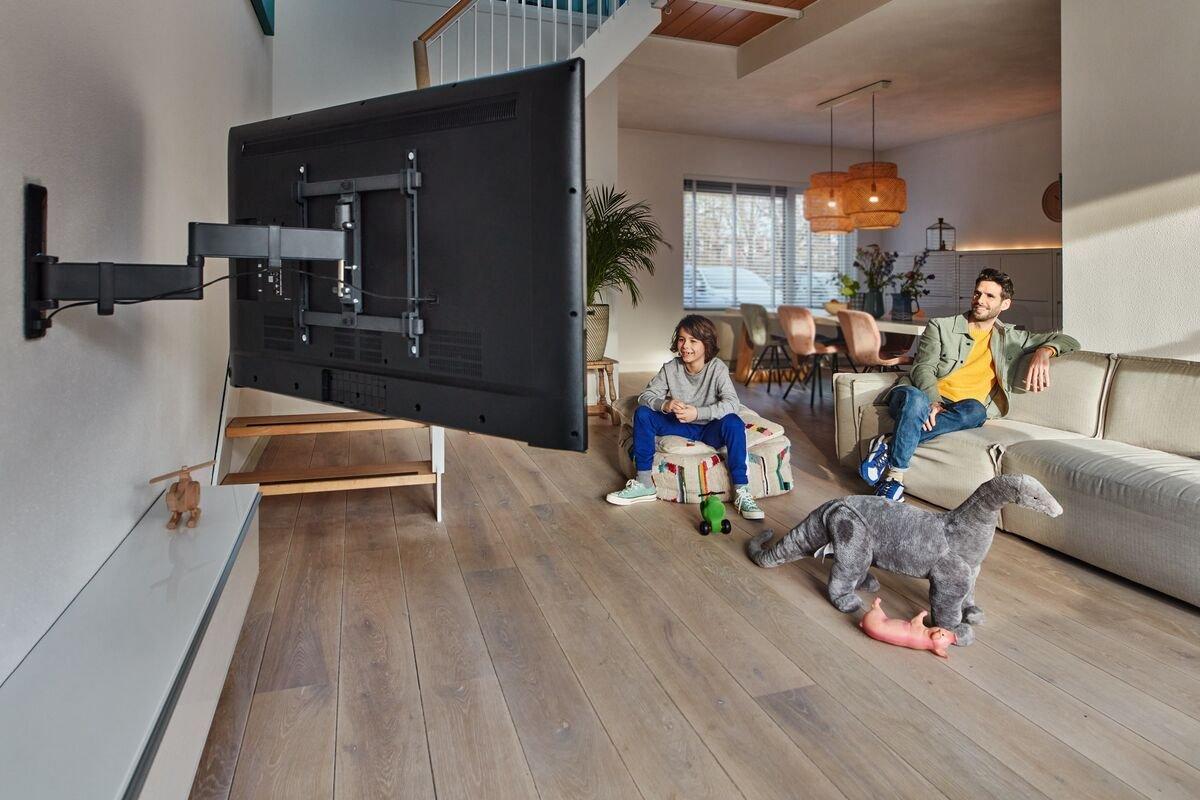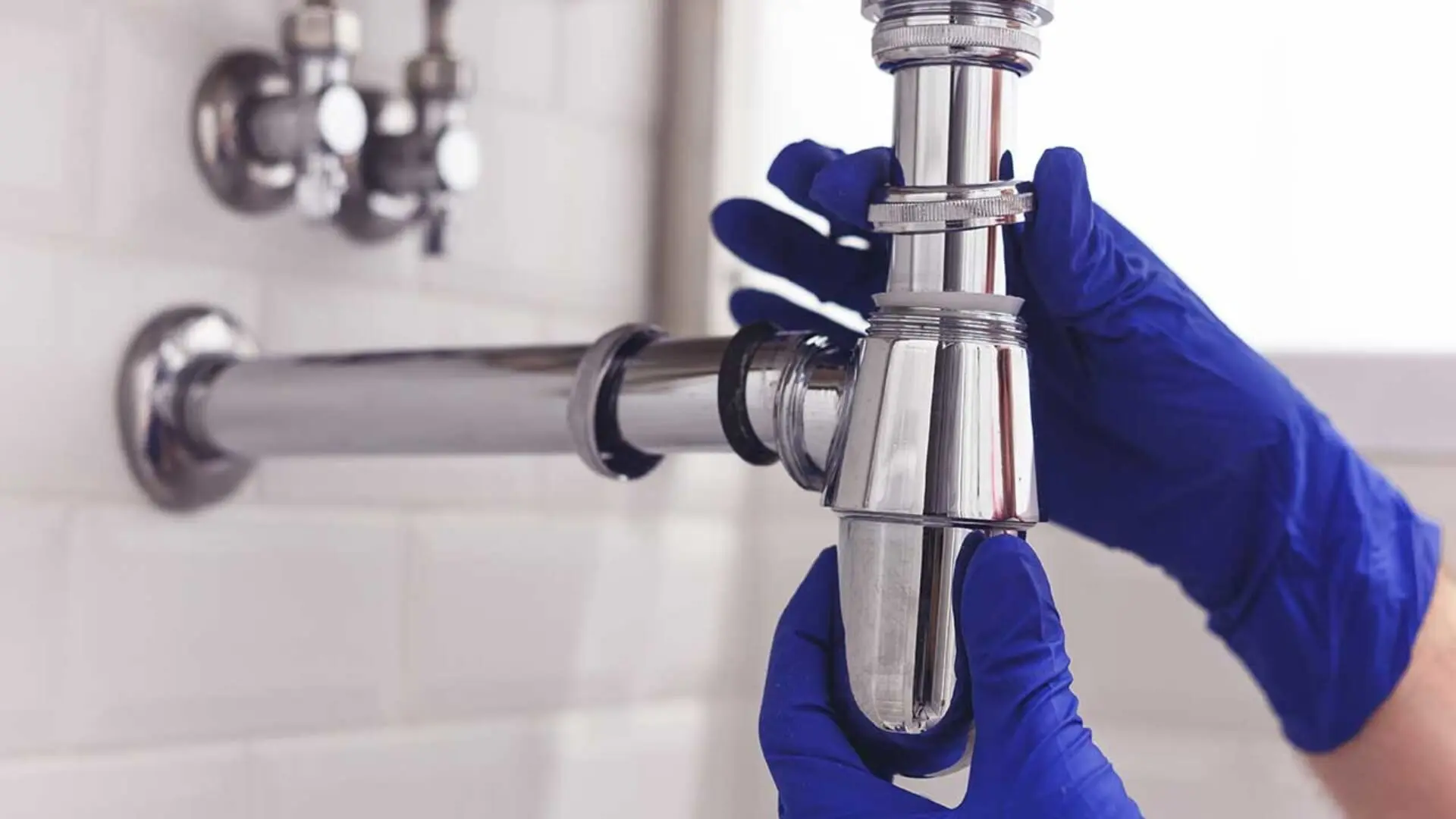Mental Health Rehab: A Comprehensive Path to Healing and Recovery
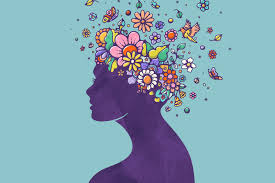
Strong 8k brings an ultra-HD IPTV experience to your living room and your pocket.
Mental health is an essential part of our overall well-being, yet it’s often overlooked or misunderstood. While many people manage their mental health with therapy, medication, or self-care, others may need more intensive, structured support. That’s where mental health rehab comes in.
Mental health rehab offers a safe, supportive, and healing environment for individuals facing serious or long-term mental health challenges. It provides the tools, care, and time needed to heal, learn new skills, and take back control of life.
In this post, we’ll explore what mental health rehab is, who it’s for, what it involves, and how it can truly change lives.
What Is Mental Health Rehab?
Mental health rehab (rehabilitation) is a residential or structured outpatient program designed to help people recover from mental health conditions. These programs focus on:
Stabilizing emotional and mental health
Addressing the root causes of mental health issues
Teaching life skills and coping strategies
Supporting long-term recovery and independence
Unlike hospital-based treatment, mental health rehab centers provide a less clinical, more home-like setting that encourages emotional healing and personal growth.
Who Needs Mental Health Rehab?
Mental health rehab is ideal for people who:
Are living with chronic mental illnesses such as depression, bipolar disorder, schizophrenia, PTSD, or anxiety disorders
Have experienced a mental health crisis or hospitalization and need continued care
Struggle to function at home, school, or work
Have not improved with outpatient therapy or medication alone
Need a break from a toxic or triggering environment to focus on healing
Rehab programs can be especially beneficial for people with co-occurring disorders (dual diagnosis), such as mental illness combined with substance use.
Types of Mental Health Rehab Programs
There are different levels of care depending on the individual’s needs:
1. Inpatient (Residential) Rehab
Participants live at the facility full-time and receive around-the-clock care. These programs are best for those needing intensive treatment in a structured environment.
2. Outpatient Rehab
Clients attend therapy and support programs during the day but live at home. This option works well for those with mild to moderate symptoms who have strong support systems.
3. Partial Hospitalization Programs (PHP)
These programs offer a step between inpatient and outpatient care. Patients spend several hours a day at the facility for therapy and support.
4. Transitional or Sober Living Homes
For those needing a gradual return to independent living, transitional housing provides continued support in a semi-structured environment.
What Happens in a Mental Health Rehab Program?
Each rehab center customizes its treatment plan based on the individual’s diagnosis, needs, and goals. However, most programs include the following core components:
1. Comprehensive Assessment
Upon admission, the medical and therapeutic team conducts a full evaluation to understand the person’s mental health history, current challenges, and personal goals.
2. Individual Therapy
One-on-one sessions with a licensed therapist allow individuals to explore thoughts, behaviors, past trauma, and emotional struggles in a safe space.
3. Group Therapy
Group sessions offer peer support and encourage sharing experiences. This can help reduce isolation and build healthy social skills.
4. Medication Management
A psychiatrist or medical provider monitors medications to ensure they are effective and adjust them if needed.
5. Skills Training
Participants learn practical skills for managing daily life, including:
Stress and anger management
Emotional regulation
Communication and relationship building
Time management and goal setting
6. Mindfulness and Wellness Activities
Many programs include yoga, art therapy, meditation, journaling, or nature therapy to promote relaxation and emotional healing.
7. Family Therapy
Families may be invited to participate in sessions to improve communication and build a stronger support system for the individual in recovery.
The Benefits of Mental Health Rehab
Mental health rehab offers unique advantages that outpatient treatment alone may not provide:
24/7 support in a safe environment
Time away from daily stressors and triggers
Deep, focused emotional healing
Peer support from others facing similar struggles
A chance to reset and rebuild with professional guidance
Many people leave rehab with a new sense of confidence, stability, and hope for the future.
Life After Rehab: Continuing the Journey
Recovery doesn’t end when rehab does. Most programs help participants create a personalized aftercare plan that may include:
Ongoing individual or group therapy
Support groups (like NAMI, AA, or DBSA)
Medication follow-ups
Case management or vocational support
Peer mentoring or coaching
Having a clear plan can prevent relapse and support lasting recovery.
Final Thoughts
Mental health rehab is not just a place—it’s a lifeline. For those who feel stuck, overwhelmed, or hopeless, it offers a new beginning. With the right treatment, people can manage their conditions, reconnect with their goals, and lead fulfilling lives.
If you or someone you care about is struggling with mental health, know this: there is help, there is hope, and you are not alone.
Taking the first step toward rehab might be the most important decision you ever make.
Note: IndiBlogHub features both user-submitted and editorial content. We do not verify third-party contributions. Read our Disclaimer and Privacy Policyfor details.




